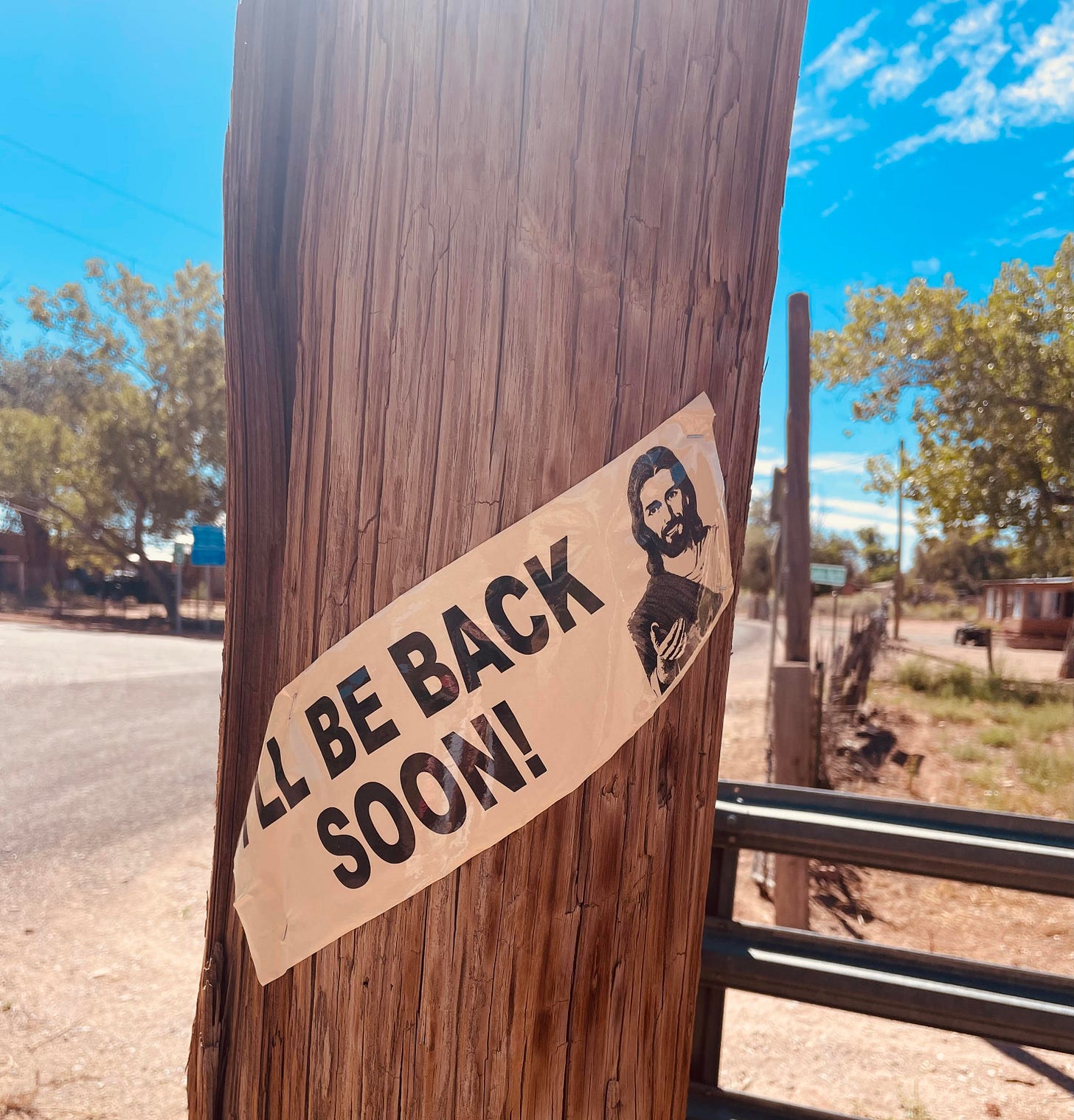“Drinks on Good Friday” is from the album Mighty Deeds, recorded Nov. 2021/Jan. 2022 at the Double Stop Fiddle Shop in Guthrie, Oklahoma.
Close study of popular song suggests the relevance of continuity, both real and imagined, in the traditions of American music.
Consider, for instance, “When the Levee Breaks,” a song penned by the legendary husband and wife duo Memphis Minnie and Kansas Joe McCoy, and recorded by them in a session for Columbia Records in New York City, June 1929.
Minnie, whose real name was Lizzie Douglas, witnessed firsthand with her extended family the devastation wrought by the Great Mississippi Flood of 1927. “The terrible wall of water like an imbecile blind Titan strode triumphantly into our country,” one Mississippian remembered, “The greatest flood in American history was upon us. We did not see our lands again for four months.” Which is to say, for Memphis Minnie and hundreds of thousands of her countrymen in 1927, a broken levee was not yet a blues cliché, but instead a plain fact of hard times, her song eyewitness reportage of unmitigated human misery and helplessness.
But consider also a later and more famous version of “When the Levee Breaks,” recorded by the British rock band Led Zeppelin for their fourth studio album in 1971. While it’s tempting (and somewhat fashionable) to dismiss Zeppelin’s cover as white-boy blues in favor of some presumed authenticity found in the original — as though Minnie and Joe were not themselves writers and musicians making pointed formal choices, but instead mere avatars from whom the music flowed like rain, swelling the great river to its flood — in such dismissal we lose sight of what’s truly artful in Zeppelin’s rendition, that seven-minute epic of sheer, drowning doom. No longer an eyewitness account of the flood itself, of course, but rather an imagined response to deep echoes of disaster in the American music the band adored and sought to emulate, a love so profound and all-consuming they were able, even as Englishmen, to hear a place for themselves, a continuity, deep within its singing heart.
Continuity, then: both real and imagined, working in concert to enrich our canon of song.
But given that we live in such in such a deracinated world, where every cultural artifact is mediated by technology over vast distances, we often end up scrounging for examples of real continuity, or overvaluing what we might have already. Perhaps as musicians and songwriters we need to speak more openly about where imagination takes us in relation to tradition. Imagination might end up being exactly what makes our music — the music of the future — most distinctive.
“Drinks on Good Friday,” the song featured at the top of these reflections, is a Holy Week offering from Lydwine’s own house band, the Cimarron Kings. It imagines, in the lacunae of Scripture, Simon Peter in the terrible hours of the Lord’s demise, the apostle in his cups, stewing in his shame.
He was a fisherman. He was a good old boy. He lived his life at the water’s edge, but died head down on a cross. Romano Guardini marveled at “that great, undaunted will to union with Christ which is the apostle’s profoundest trait.” As with the feeding of the multitude, all four gospels recall the scandal of Peter’s denial.
In his 2011 book Catholicism: A Journey to the Heart of the Faith, then-Father Robert Barron offered a telling anecdote:
“In April of 2005 the newly elected pope Benedict XVI came onto the front loggia of St. Peter’s Basilica to bless the crowds. Gathered around him on the adjoining balconies there appeared all of the cardinals who had just chosen him. The news cameras caught the remarkably pensive expression on the face of Cardinal Francis George of Chicago. When the cardinal returned home, reporters asked him what he was thinking about at that moment. Here is what he said: ‘I was gazing over toward the Circus Maximus, toward the Palatine Hill where the Roman Emperors once resided and reigned and looked down upon the persecution of Christians, and I thought, ‘Where are their successors? Where is the successor of Caesar Augustus? Where is the successor of Marcus Aurelius? And finally, who cares? But if you want to see the successor of Peter, he is right next to me, smiling and waving at the crowds.’ ”
As we Catholics argue endlessly over what our pontiff, in his authority, should or shouldn’t do — despite threats of Masonic plots, communist infiltration, schism, bankruptcy, and the lavender mafia — we seldom stop to reflect how strange it is that Peter should still walk among us at all.
Gathered in his apostolic bond, we journey with him toward the heart of original continuity, the heart of the real — a walk on water, perhaps, even if only a few tentative steps, but each step closer to the Lord Himself, whom we might then witness firsthand, our still point in the raging storm, even as the levees crumble.
- Good Friday, 2025
Brian Kennedy is the founder of Lydwine, as well as the frontman and principal songwriter of the arthouse country band The Cimarron Kings. He lives with his wife and six children in Guthrie, Oklahoma.










Share this post